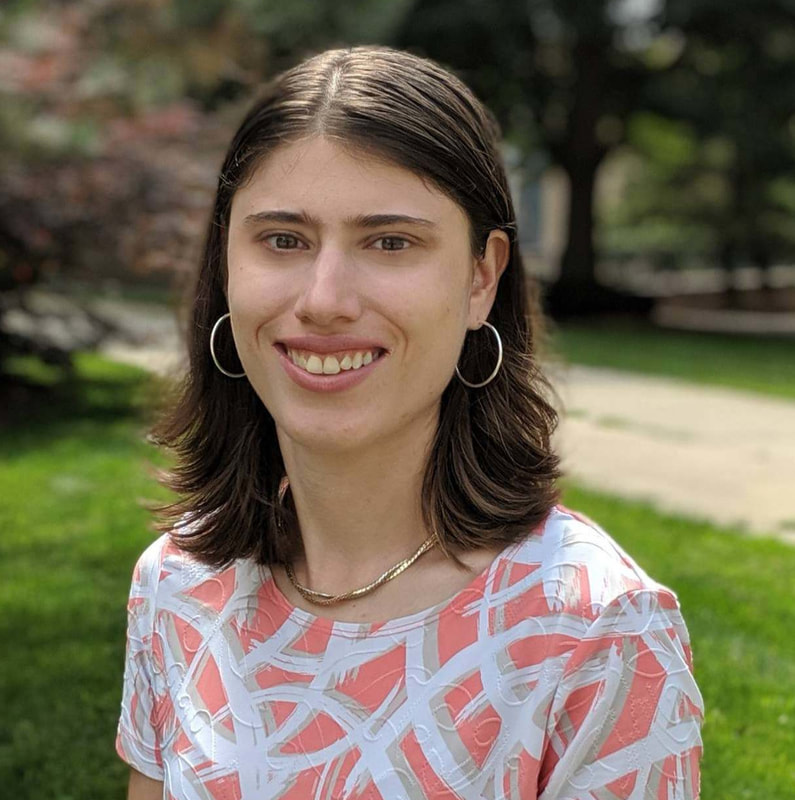Reflecting on the fifth annual Science Talk Conference that wrapped in March, we were surprised at the emphasis around empathy in science communications in multiple keynotes, panels and industry workshops. Coming off a year when the value of science communication has never hit closer to home, we decided it was worth discussing more.
Science Talk’s Dr. Allison Coffin and Dr. Kiki Sanford sat down with Jessica McNellis from s2s Public Relations and Communications to discuss why empathy in science communications matters.
How did you see the theme around empathy in science communications play out at this year’s Science Talk Conference?
Allison Coffin: We saw empathy emerge as a theme in several key ways this year. I believe empathy equates to recognizing and valuing diverse perspectives and experiences and to trying to understand experiences that are different from our own. And that it is a huge part of fostering resilient communications and communities.
At this year’s conference, we had the opportunity to learn about science communication efforts across the globe with speakers from South Africa, Brazil, and the United States. It was particularly interesting to dissect each country’s unique relationship with science and the different cultures of communication. One guiding principle was a consistent presence of empathy in light of the ongoing pandemic. We have all been impacted this past year to varying degrees, and there was a universal empathy for science communicators who lost their jobs due to the pandemic, for programs that did a complete reorganization to serve audiences solely online, for early career professionals trying to get started while feeling stuck at home, and for everyone experiencing a loss of connection.
During the conference we provided organic and authentic networking opportunities (morning coffees, online chats, robust networking sessions) to help our community feel connected during this challenging time. As conference organizers we asked for empathy and understanding from attendees as we navigated a virtual conference platform that did not always work as advertised. It was inspiring to see the support from our community play out even in that small way.
How does empathy in science communications change across mediums, from research journals and mainstream media, to in-person interactions and social media?
Kiki Sanford: It’s really interesting to track empathy across communication modalities. Because of body language and facial expressions, in-person interactions are always going to allow for better awareness of the emotions involved in those communication situations. Whether people respond adequately “in the moment” is dependent on how observant they are and how quickly they are able to integrate that information.
Written communication allows more time and space for reflection and word-choice, but lacks the physical component of human interaction. Scientific writing is known for being dry and emotionless, and rarely incorporates empathy. The same can be said for certain forms of journalism, although we see empathy emerge in opinion pages in newspapers and television programs. As for social media, well, I wish more people had a bit more empathy when responding online.
AC: There’s a lack of empathy – a lack of any emotion really – in formal scientific communication these days. If you read science journals from 100 years ago, they had more life, more personality, and, while often way too long, some of those older articles are more fun to read because you can almost feel the person behind the science. I think as scientists and science communicators, we should bring some of that personality back into scientific writing.
Define “empathy fatigue.” How has it impacted science conversations this past year and how will it impact science communications in the future?
KS: If you have ever had a moment where your response to somebody else’s situation is “I couldn’t care less,” you have experienced a bit of empathy fatigue. It is a psychological stress response that essentially leaves a person numb to the emotions of others. It’s a defense mechanism that kicks in when we are chronically overwhelmed by caring for others. And it’s no surprise we’re seeing a heightened sense of empathy fatigue in the science communications community this year.
The political tensions combined with the pandemic created a perfect storm for science communicators to be impacted by empathy fatigue both personally and professionally. When every day is consumed by the common goal to communicate the importance of wearing a mask or getting a vaccine, while simultaneously being attacked by people who are persuaded by stories encouraging conspiracy theories about “masks being a liberal plot against freedom” or “Bill Gates microchipping vaccines,” it can wear on a person. And when it does, it becomes harder to reply with empathy, compassion, curiosity, and kindness. The combative nature of media will likely persist even as the pandemic wanes, and science communicators need to find ways to take care of themselves so that good communication is sustainable over time.
AC: I see empathy fatigue manifest in several ways. In academic science and science more broadly, we are asked to uphold our responsibilities to conduct research, serve on committees, teach, review scientific papers and grants – all of these things we do each day and each year. At the same time, we are displaying empathy to our students as they struggle with online courses and the challenges of graduating during a time of heightened uncertainty. We also see it in the employee-employer relationship. There’s this perception that science communication and engagement efforts are undervalued by employers, and I think that perception is often justified. I see it most frequently with early career science communicators and graduate students exploring career options outside of the traditional academic path. It’s challenging to feel empathy for others when you aren’t experiencing it yourself. I hope that we will remember this shared sense of fatigue and in the future we will be more empathetic with each other.
What was your number one “empathy” takeaway from the Science Talk Conference?
AC: Keynote speakers Liz Neeley from Liminal and Ed Yong from The Atlantic talked about self-empathy; the idea that sometimes it’s OK to step away from email, from the endless buzz of social media, and just take a break. Throughout the pandemic, so many science communicators have felt compelled to use their background to have meaningful conversations around the dangers of COVID-19, the reason mRNA vaccines work so well, and to assuage fears of family and friends. But sometimes, we get tired. Self-empathy is necessary, and it’s often the thing we forget to prioritize.
KS: The one thing that came up over and over again was the overwhelming emphasis on not only how important empathy is for science communications, but why it’s important. Of course this has always been the case – the scientific research and experiences of science communicators supports it – but it was great to see it really in the spotlight. It feels like we’ve taken a big, necessary step away from the defunct deficit model and the community is really coming to internalize the need to meet your audience where they are, versus telling them to meet you somewhere.
This is the fourth Science Talk Q&A in the series. The other Q&As can be found on the Science Talk blog.
Science Talk is a non-profit organization bringing together individuals passionate about science to share ideas about how science should be best communicated. Each year, Science Talk hosts a conference where scientists, journalists, celebrities, politicians, students, and anyone who loves science can convene and share their expertise through workshops and presentations on how to better communicate science to…”everyone.”



Leave a Reply